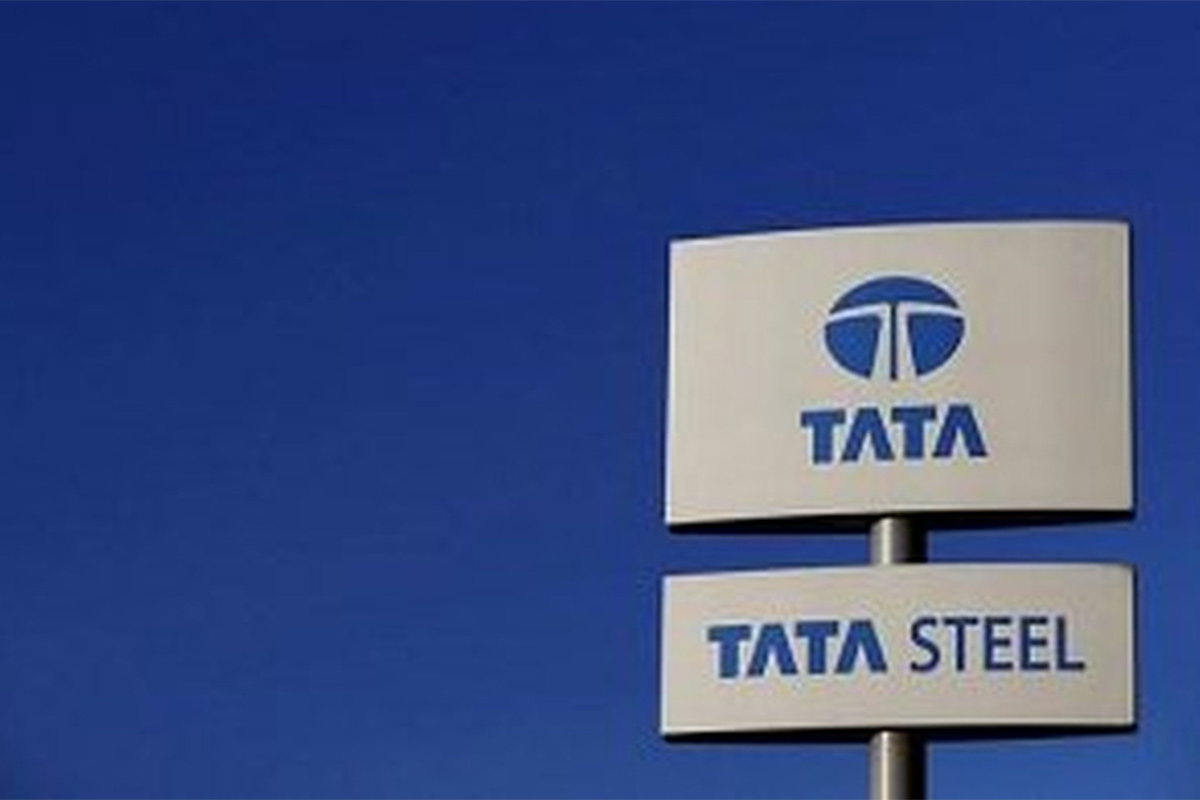Tata Steel’s profit plunges 43 pc at 295 crore in Q3, revenue slips
Sequentially, the decline was sharper, with net profit falling 61.1 per cent from Rs 758.84 crore in the previous quarter (Q2 FY25), according to company’s exchange filing.
This multi-stakeholder platform calls out the urgent need to accelerate and scale-up the decarbonisation of heavy industry to align with the goals of the Paris Agreement.

The framework has set out six core principles, each of which represent an essential lever. (Photo: Twitter)
Tata Steel on Friday said it has joined a network of heavy industries and civil society groups that will provide a global framework for decarbonising heavy industries as part of the COVID-19 economic recovery plan.
Established by the international non-profit, the Climate Group and campaign organisation Mighty Earth, The Global Framework Principles for the Decarbonisation of Heavy Industry has been developed in close coordination with industry experts, the company said in a statement.
Advertisement
It is the first time a set of publicly available global guidelines has provided clear steps for how heavy industries like steel, cement, and chemicals across the world can stimulate economic growth while aligning with a 1.5 C climate trajectory.
Advertisement
This multi-stakeholder platform calls out the urgent need to accelerate and scale-up the decarbonisation of heavy industry to align with the goals of the Paris Agreement.
The framework has set out six core principles, each of which represent an essential lever that policy makers can use to ensure the successful decarbonisation of steel, cement, chemicals and other heavy industries.
These include tying heavy industry public financing to emissions reduction plans, and prioritising investment in low- and zero-carbon technologies that will help phase out fossil fuel use in industrial processes.
“The Climate Group’s ‘Global Framework Principles for Heavy Industry’ resonate with the ethos of Tata Steel and we are happy to be one of its signatories…Climate Change is a significant risk that humanity and the industry face in the long-term and it is imperative that industry joins forces to mitigate its inevitable repercussions,” Sanjiv Paul, Vice President (Safety, Health and Sustainability), Tata Steel, said.
Advertisement